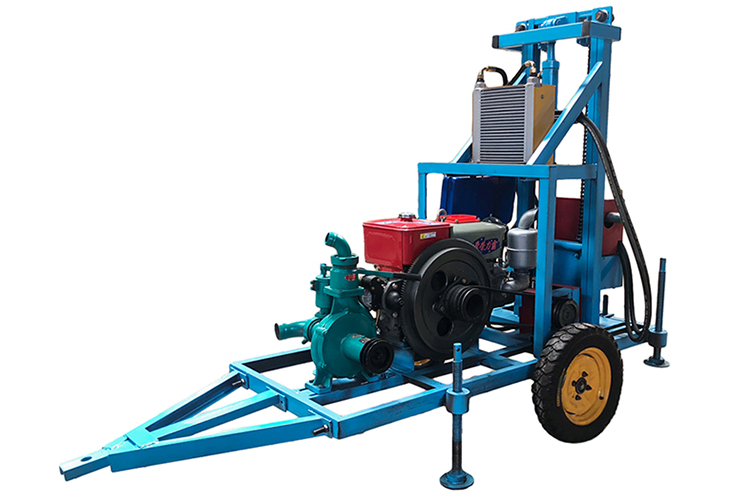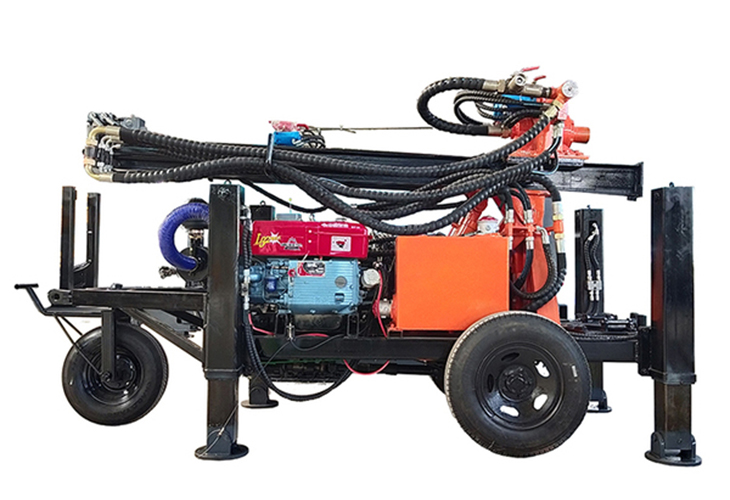water well drilling cost in ethiopia
Financing for Water Well Drilling in Ethiopia
Ethiopia, positioned on the African continent’s peculiarly curved Horn, is one of the most impoverished nations globally. Sadly, statistics from the United Nations tell that only four in every ten people there have access to potable water – the other six must draw their daily intake from rivers, lakes, and ponds of dubious wholesomeness, risking contagion via cholera, typhoid, or dysentery.
In order to combat water scarcity and ensure that all Ethiopians have access to safe drinking water, the government and local NGOs are diligently drilling wells throughout the land. Although there are a variety of variables influencing the expense of a well’s construction, we will now focus on shedding light on the cost of drilling a well in Ethiopia as well as enumerating why it is so critical to invest in building clean water infrastructure.
The Cost of Sinking Wells in Ethiopia and Its Link to Various Factors
Ethiopia, a vast expanse housing a variety of soils, rocks and hydrogeological structures, will likely call for a much different drilling approach depending on its geographical location. This variability ultimately impacts the price of the drilling process, as areas that require more effort may result in increased costs.
The cost of drilling a well is mainly determined by the depth; the further you must drill, the higher the expense. In certain geographical areas, one may have to burrow quite deep in order to locate the subterranean water supply. Therefore, surveying of the landscape is a must in order to calculate the correct drilling depth for an effective project.
Ethiopia has a range of well types to choose from, depending on the water demand and local geology, as well as budgetary constraints. These include hand-dug wells, shallow wells and deep wells, with costs varying accordingly. While much consideration is to be taken before selecting the right well type for the project, all three provide a viable solution for accessing and utilizing underground water sources.
The cost of drilling a well may increase if the necessary equipment or materials needed for the job are not conveniently found at the drilling location. Any additional charges of transporting these items from another vicinity will contribute to a higher overall cost for the project.
Uncovering Ethiopia’s Water Well Drilling Price-Tag
In Ethiopia, drilling a well can be pricey, with WaterAid stating costs could go between $2,500 and $4,000. Apparently, the ultimate cost may depend on factors such as the well location, depth, kind, and the accessibility of hardware and materials.
A hand-dug well in Ethiopia may appear to be a more budget-friendly choice compared to a borehole when it comes to installation. Generally, the cost of setting up one of these wells can range from as little as $1,000 to no more than $2,000. Yet, the downside is that hand-dug wells may not be seen as entirely dependable water sources and remain unusable in areas that require plentiful supply.
Unlocking Ethiopia’s Water Potential Through Well Drilling Investment
For the people of Ethiopia, investing in water infrastructure, like augmenting well drilling, is a necessary step towards cleanser, and more readily available water sources. This can have a tangible effect on their overall well-being and health outcomes, encouraging a decrease in the germ-borne illnesses – cholera, typhoid and dysentery – that can often have fatal outcomes.
For many, the trek required to source water from impure wells is undertaken exclusively by the female population. By drilling safe and reliable wells, it can decrease the amount of both physical exertion and time that women and girls have to expend on the task. Furthermore, it drastically increases their opportunity for a sound education and promotes monetary prospects as they are able to redirect their attention to useful employment. Thus, the process of drilling wells can considerably enhance the livelihoods of women and girls.
Investing in water infrastructure can be an important catalyst in the economic advancement of Ethiopia. Farmers who have access to clean water sources have the potential to improve their crop yields and, in turn, their resulting profits. What’s more, providing communities with clean water also unlocks opportunities to launch small businesses, such as bottling operations that can generate employment for locals.
In the modern age, clean water is a necessity for the health and prosperity of Ethiopia, yet maintaining adequate access to it is a significant challenge. Despite the variable costs associated with drilling wells based on factors like location, well type, depth, and access to the necessary equipment or materials, investing in water infrastructure such as these helps to diminish the prevalence of waterborne diseases, secure livelihoods, and promote economic growth in the nation. Consequently, sinking wells in Ethiopia is an essential move in order to obtain clean water.
-
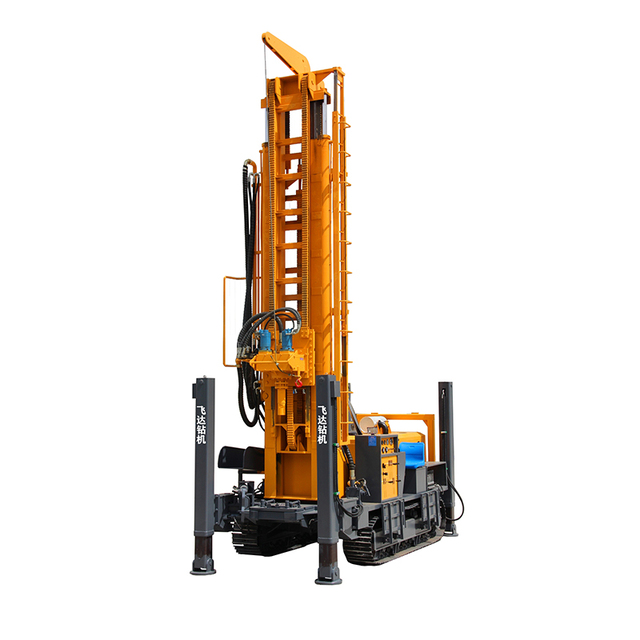 FY580 Water Well Drilling RigView More >
FY580 Water Well Drilling RigView More > -
 Electric 7000WView More >
Electric 7000WView More > -
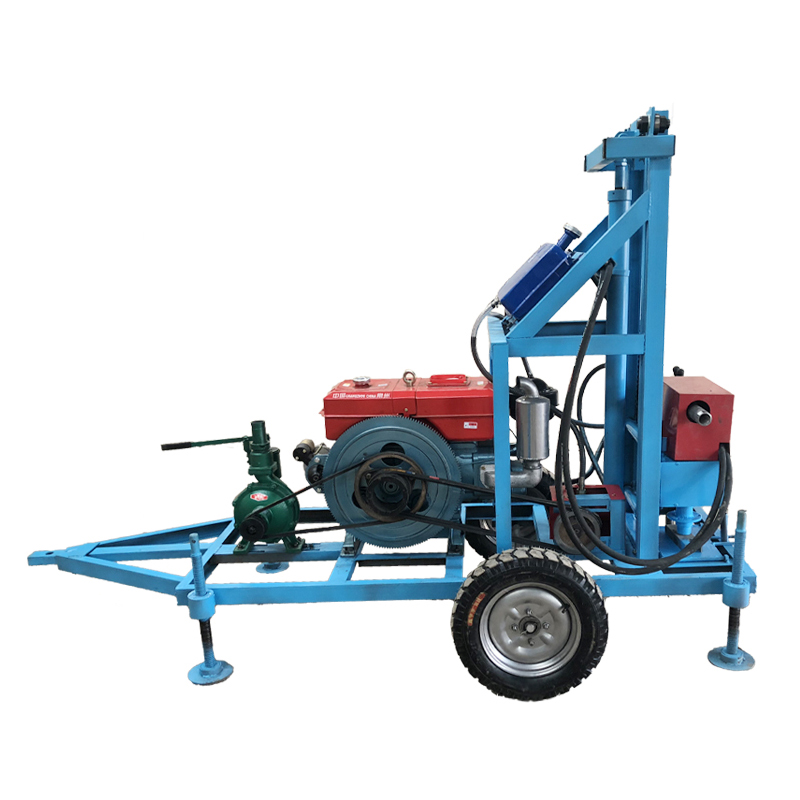 Diesel 12HP180View More >
Diesel 12HP180View More > -
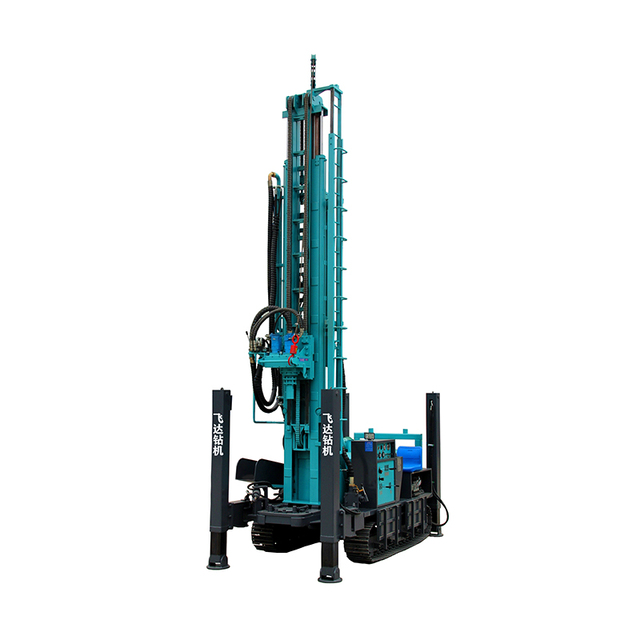 FY350 Water Well Drilling RigView More >
FY350 Water Well Drilling RigView More > -
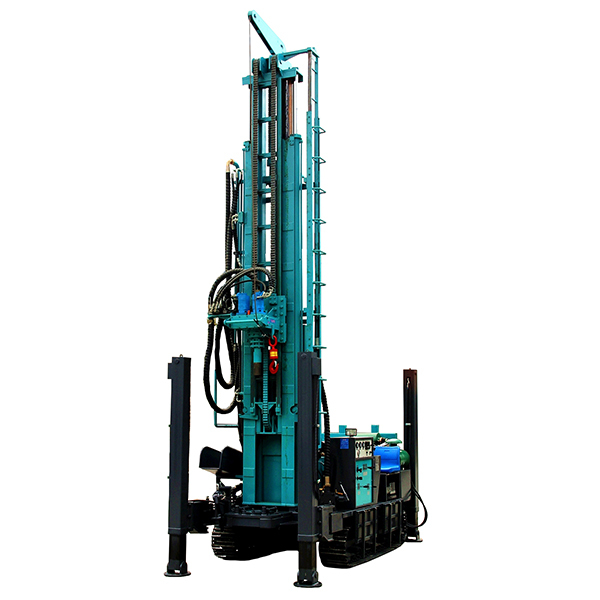 FY380 water well drilling rigView More >
FY380 water well drilling rigView More > -
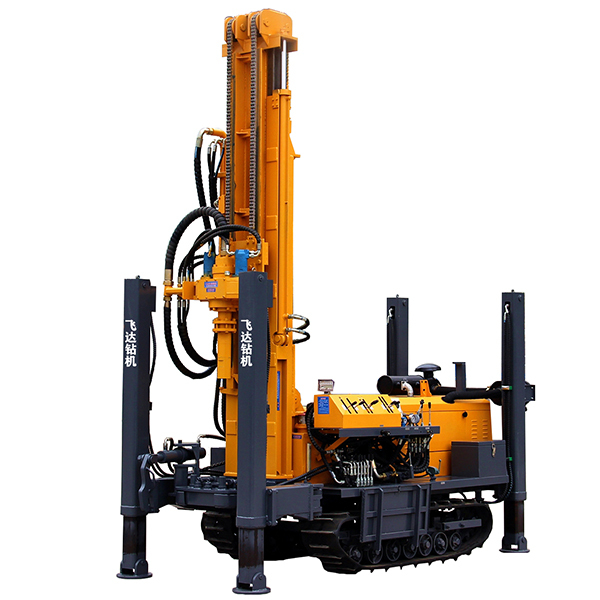 FYX180 Water Well Drilling RigView More >
FYX180 Water Well Drilling RigView More > -
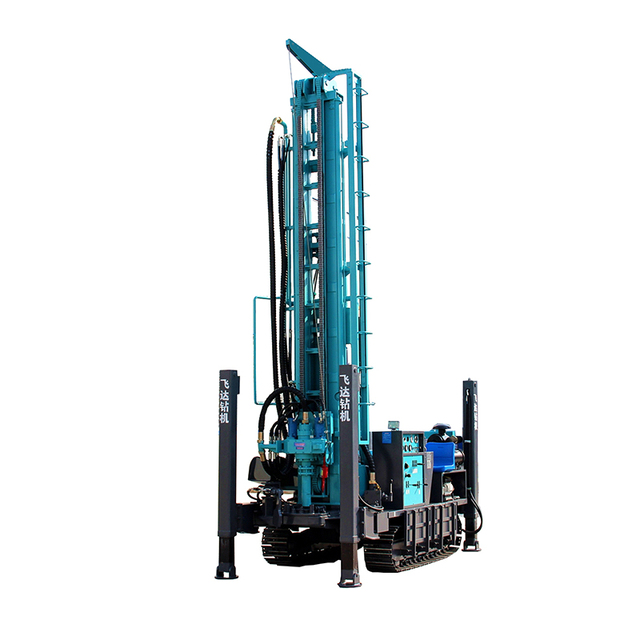 FY280 Water Well Drilling RigView More >
FY280 Water Well Drilling RigView More > -
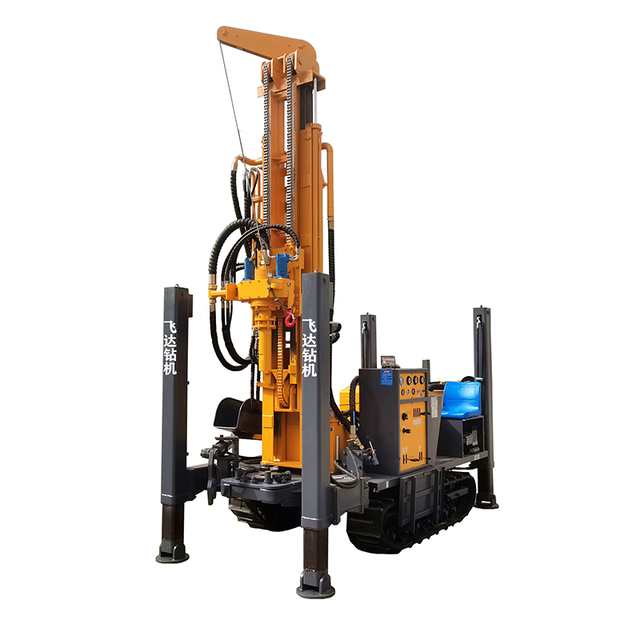 FYX200 Water Well Drilling RigView More >
FYX200 Water Well Drilling RigView More > -
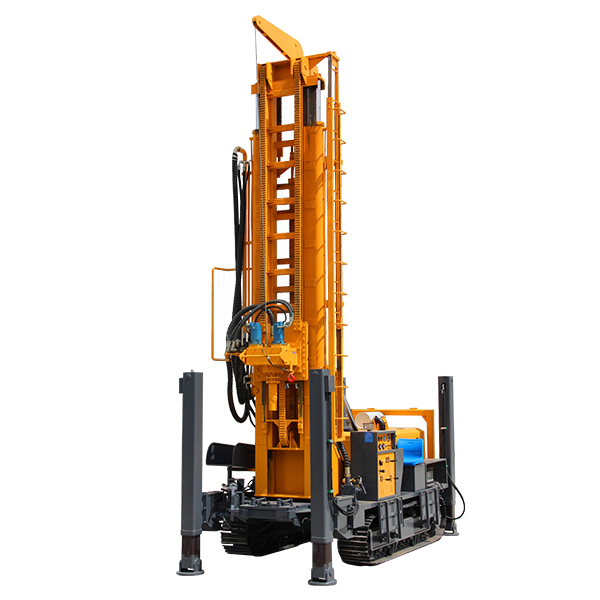 FY800 Water Well Drilling RigView More >
FY800 Water Well Drilling RigView More >
Warning: Use of undefined constant rand - assumed 'rand' (this will throw an Error in a future version of PHP) in /www/wwwroot/www.sunritawdr.com/wp-content/themes/msk5/single.php on line 65
-
build your own water well drilling rig
-
used water well drilling rig manufacturer
-
homemade water well drilling rig
-
peters water well drilling
-
water well driller in chino valley az
-
b&b water well drilling fresno ca
-
water well drilling installation crown point in
-
water well drilling diagram
Warning: Use of undefined constant rand - assumed 'rand' (this will throw an Error in a future version of PHP) in /www/wwwroot/www.sunritawdr.com/wp-content/themes/msk5/single.php on line 123

